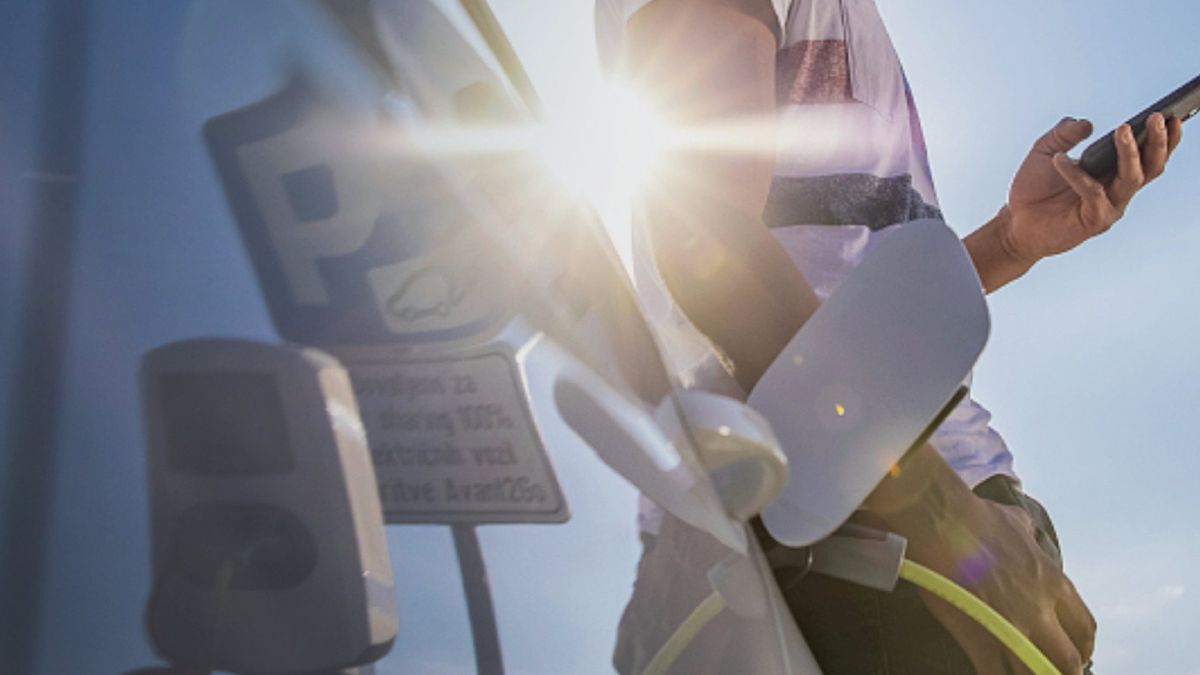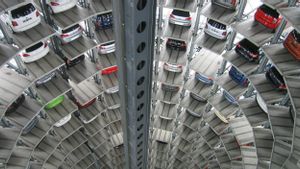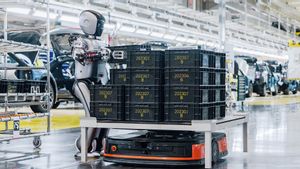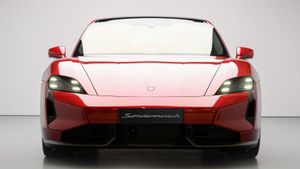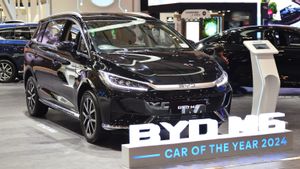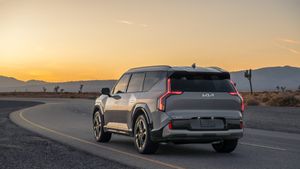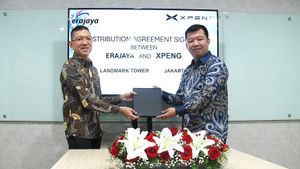JAKARTA - The lithium iron phosphate (LFP) battery has become a popular choice used by electric vehicles due to its lower production cost and better stability compared to traditional nickel-based chemistry. However, a new study from a Tesla-funded laboratory found that LFP batteries can degrade more quickly when filled.
Dr. Jeff Dahn, the battery researcher who led the Tesla-funded Jeff Dahn Research Group, is one of the authors of the study. His lab has played an important role in the development of the NMC battery for Tesla.
InsideEVs reported, quoted Monday, August 26, the study showed that repeated charging at higher charging levels could increase negative reactions in batteries. This contradicts recommendations from several automakers who recommend regularly charging LFP batteries for battery calibration and maintaining battery health.
World's largest battery manufacturer CATL recently announced a Shenxing Plus LFP battery that is claimed to increase the distance to 600 km in just 10 minutes. However, the study shows that full LFP battery charging can cause damage to battery cells in the long term.
SEE ALSO:
The researchers found that always filling the full LFP battery can create harmful compounds in batteries due to high voltage and heat. These compounds can accumulate to negative electrodes, consume lithium and cause degradation.
Meanwhile, the study also shows that leaving the LFP battery in a low-charge state can help extend its life.
Although this study provides new insight into LFP batteries, there are still some limitations. This study only focuses on battery life and does not discuss other aspects such as comfort and daily use. Therefore, it is still recommended to follow car manufacturer recommendations.
From these findings, it can be interpreted that although full charging of LFP batteries can provide benefits such as longer travel distances, this study shows that it can accelerate battery degradation. However, with normal use and proper maintenance, LFP batteries can still provide good performance in the long term.
The English, Chinese, Japanese, Arabic, and French versions are automatically generated by the AI. So there may still be inaccuracies in translating, please always see Indonesian as our main language. (system supported by DigitalSiber.id)
